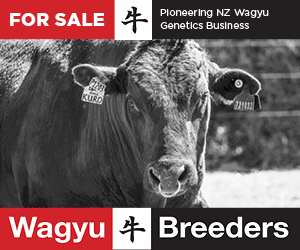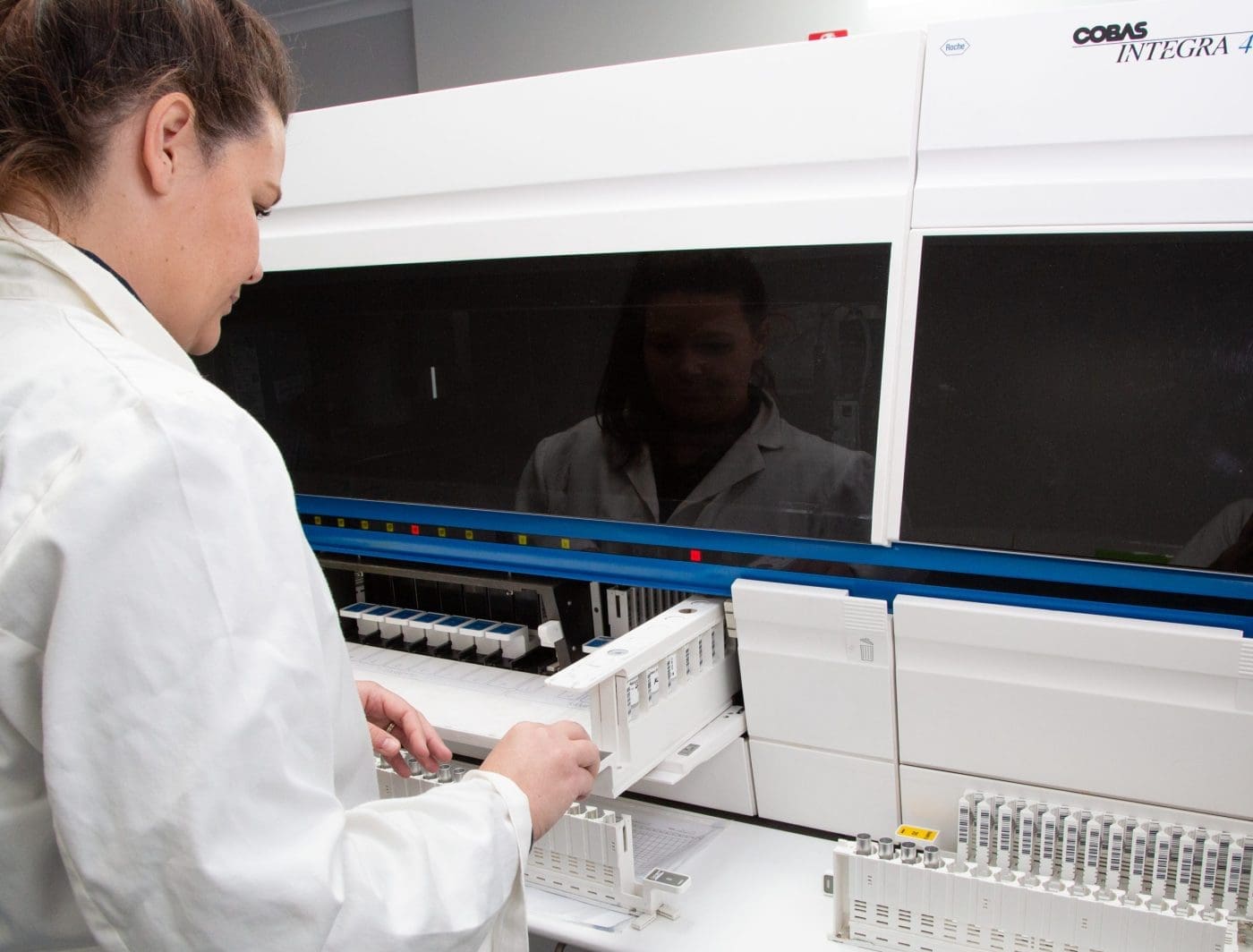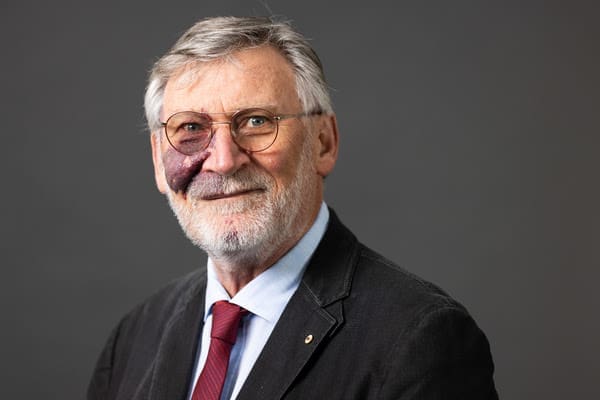A GLOBAL effort to develop a methane-reducing vaccine has been picking up momentum, with some of the world’s biggest philanthropists registering their interests.
Two of the organisations behind the current push for a vaccine are the Gates Foundation and the Bezos Foundation, which is the philanthropic arm of Amazon founder Jeff Bezos –one of the richest people in the world. Today the Bezos Earth Fund announced a US$9.4M grant for research in the United Kingdom
Researchers have been looking into methane-reducing vaccines for the past 40 years, with the CSIRO starting off the research in 1980s and ‘90s and New Zealand picking it up over the last two decades.
While the work has not arrived at a vaccine, growing interest in the field has kicked along investment, with funding from the Gates Foundation used to pull together about 40 interested parties for a meeting in Dubai last year.
Monash University professor Paul Wood is an advisor for the Global Methane Hub, which is coordinating the research into the vaccine. He said the main role of the hub is to identify gaps in research and work out ways of filling them – with vaccines being one of them.
“If we had a meeting of people who are actively working on a methane vaccine, we could have had a roundtable with about five people.
“We deliberately brought in a wider community of both the private sector and the public sector to understand where the work was up to and what were the opportunities. That led to us preparing a couple of proposals that were funded by the Bezos Foundation and new work was kicked off.
“Essentially we are taking that great work from New Zealand and trying to build on it.”
Vaccine potentially available in five years
With investment not an issue in the development of a methane vaccine, Prof Wood and the research teams are targeting a proof of concept in two-to-three years with the hopes a 30pc reduction in methane.
He said if the work was successful, there could potentially be a vaccine in five years.
“It could have a negative result, we need to be realistic about that, but I think we will have an answer to that question in two or three years,” he said.
 “But as someone who has been working on vaccines for most of my career in the commercial world, I am very encouraged by what I am seeing.
“But as someone who has been working on vaccines for most of my career in the commercial world, I am very encouraged by what I am seeing.
“Funding will not get in the way, this is a high priority for our funders and these are organisations that want to see outcomes.”
Prof Wood said the global methane hub has been getting regulators and the private sector involved in the process early, so the uptake will be quick when the vaccine is ready for development.
He said the pharmaceutical companies, including Elanco and Zoetis, were involved in the Dubai meeting and were actively observing the vaccine’s development.
“I think they are looking at this as a high-risk project, but they are very encouraged by what they are seeing and when we hit certain milestones they will be happy to come in,” Prof Wood said.
“We are being really transparent and asking them for help. They are saying ‘please include us and we will give support where we can’. I don’t think we will have issues with commercial interest when we hit key milestones.”
Farmers cannot just eat the cost of reducing emissions
Prof Wood said the vaccine is unlikely to also result in productivity gains, which means regulators will need to come up with mechanisms to incentivise uptake.
“It is going to have be either a program where producers get a higher value for their products or can enter the carbon market by using it,” he said.
“A point we are really trying to get across is that farmers can’t just eat the cost.
“We are talking to governments/industry about this and asking them how they plan to incentivise uptake. We are seeing systems in the US, where they are getting incentives to use Bovaer.”
Global effort pushing for vaccine
NZ has been showing the most interest in methane vaccines, mostly because the country does have any big mining industries and livestock methane is its main source of emissions. The most publicised NZ methane policy was a plan by the previous Government to introduce a “burp tax”, which has now been wound back.
While NZ has been the main one trying to legislate methane reduction, a global effort has been arising through a pledge signed by more than 120 countries, including Australia, called the Global Methane Pledge. It aims to reduce methane, from fossil fuels and livestock, by 30pc between 2020 and 2030.
Many different interventions have been put forward to reduce methane, with current research looking at genetic solutions and feed additives going through various stages of commercialisation.
Prof Wood said if a vaccine could be developed, it would be one the most practical forms of reducing methane.
“If we look at all the ways we can actually impact methane production, a vaccine is the intervention that would have the most universal uptake because they are used around the world,” he said.
“You could use them in any production system, we could walk across the species and use them in goats, sheep and buffalo as well.”
Prof Wood said targets like the methane pledge were stimulating the investment of US $200m US in the Global Methane Hub research program.





HAVE YOUR SAY